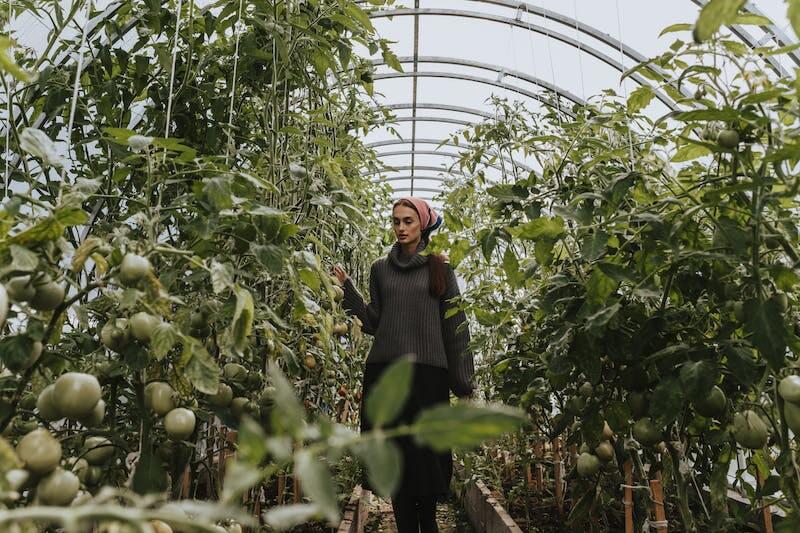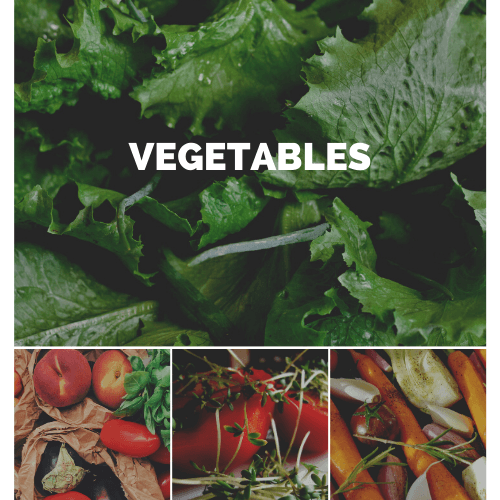Why Organic Gardening?
Organic gardening eliminates the synthetic pesticides, herbicides and chemical fertilizers. This promotes your health and your well being by not consuming these toxins and preventing long term health conditions such as cancer.
Furthermore, if you buy a carton of regular strawberries and buy a carton of organic strawberries and soak them both in cold water in separate bowls. You will notice that the regular strawberries water color will be way darker than the organic strawberries. This happens because of all the pesticides coming off the strawberries.
Now, not all fruits have to be organic but ones with high rates of pesticides which are mostly berries are recommended to be organic.
Lets Get Started
Picking the Right Soil:
Healthy soil leads to healthy plants. Which means when you start to plan out your garden you need to choose a healthy soil so your plants can thrive. Using an organic soil promotes natural fertilizers.
Tip: Use your leftover organic dinner scraps and vegetables scraps to give the soil more nutrients
Companion Planting:
Now, we have to explore what plants thrive together!
Corn+pole beans+pumpkin or squash
Calendula+Broccoli
Lettuce+tomatoes or eggplant
Radishes+Carrots
Tomato+Basil or Cilantro
Peppers+Basil
Green Beans+Corn
Carrots+Onions
Lettuce+Mint
Feel free to do your own research!

Growing your Garden:
Starting from Organic seeds is the best way to start your garden up. Monitor your seeds monthly to see how they are doing in the environment. If you are taking seeds from another plant make sure you wash them thoroughly before re planting.
Seasons for Organic Gardening:
January – February: is the best time to prep your garden
March – April: is all predictable on how the weather is. Sometimes in March we still have a little bit of freeze at night. You have to use your best judgment. When the weather reaches 60 F constantly go ahead and start planting your warm weather crops.
May-June: Maintaining your harvest
July: Start preparing late harvest crops
August-October: maintain Harvest
November: Start planning for next year!
Tips:
Warm Weather Crops:
Sweet potatoes, Peppers, Sunflower, Zucchini, summer squash, Green beans, Eggplants, Sweet corn
Cool-Season Crops:
beets, cauliflower, kale, cabbage, Brussels sprouts, broccoli, chives, celery, onions, parsley, parsnips, peas, radishes, spinach, lettuce, turnips, and Swiss chard.

The Harvest:
Creating fresh organic gardening gives you the ability to create the best flavors and nutrition at lower cost. Although the cost is lower than a produce store you have to be able to keep up with the garden. Embracing the creativity of your mind and enjoying a new hobby will benefit your overall health and well being. It’s never too late to start your own organic garden!



